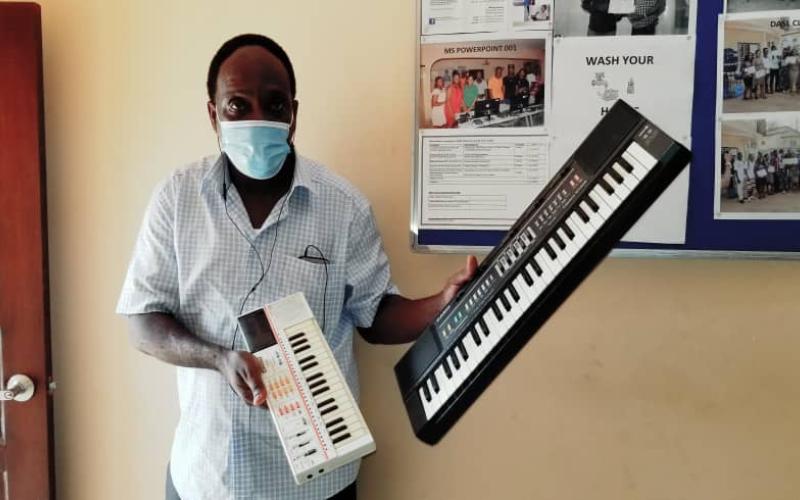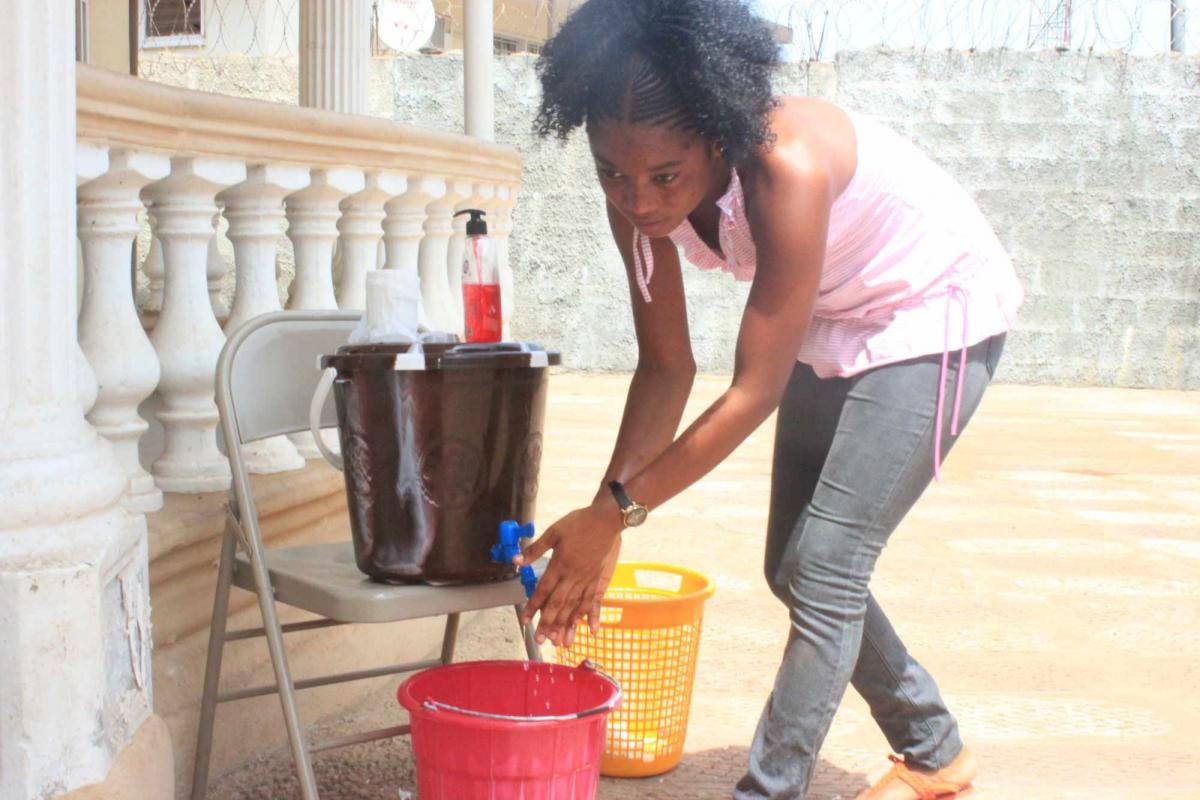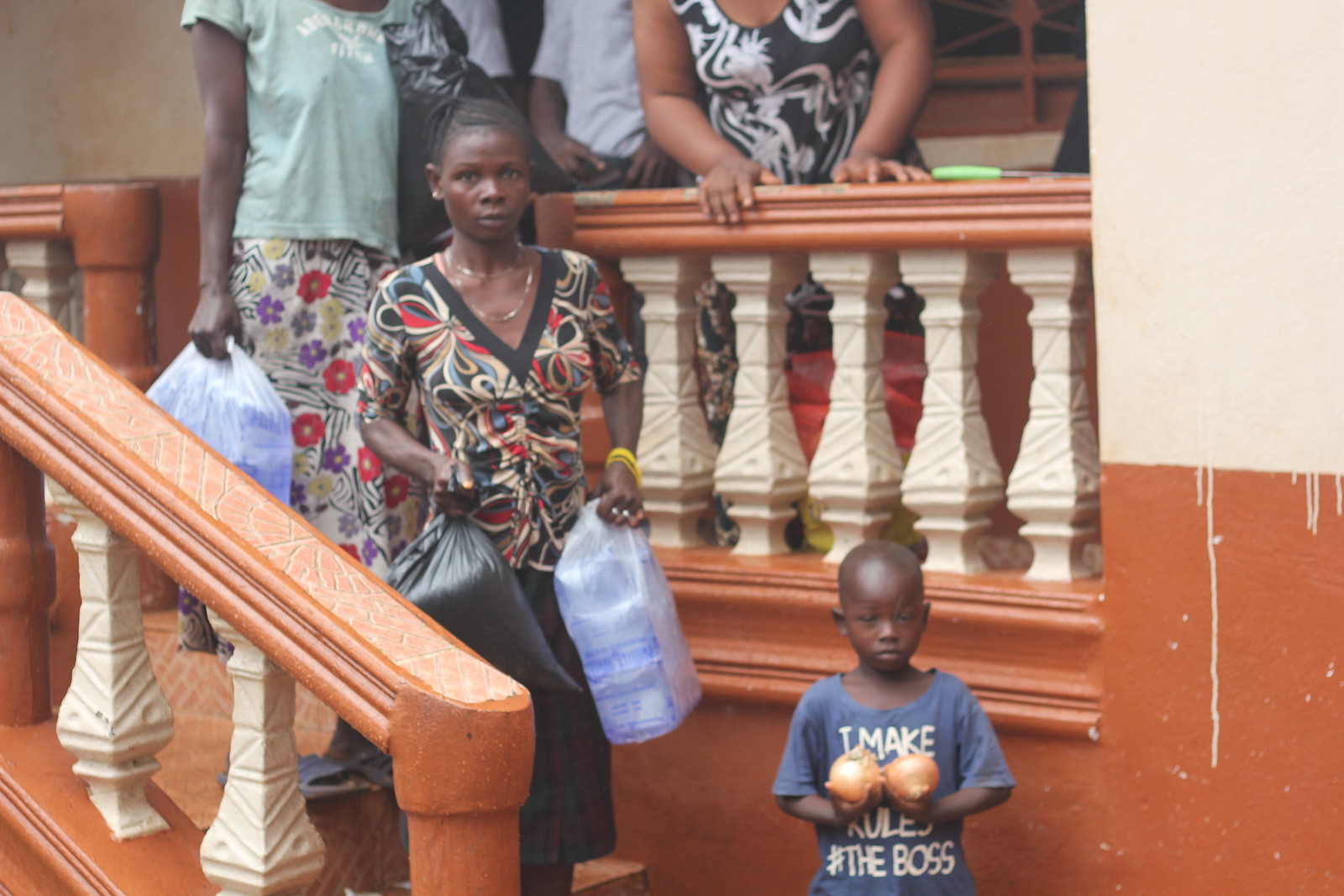
Africa has largely been slow to be affected by the COVID-19 outbreak. Most African countries are reporting modest figures, compared to those in Asia, the Americas, and Europe.
However, this might not last. Experts believe that Africa needs to prepare itself for the breakout, even as its health facilities are taunted to be inadequate to fight any outbreak.
On March 22, 2020, on the onset of the virus outbreak in Africa, the World Health Organization through its Director-General Tedros Adhanom Ghebreyesus told the continent to prepare for the worst.
"In other countries, we have seen how the virus accelerates after a certain tipping point, so the best advice for Africa is to prepare for the worst and prepare today," he said. "WHO's recommendation is actually that mass gatherings should be avoided," he said, urging Africa to "cut it from the bud, expecting that the worst can happen."
"My continent should wake up!” he said unequivocally.
At the center of the calls is the poor health sectors spanning across the continent. Most African nations cannot handle specialized treatment, in usual times let alone when there is a pandemic.
Most countries have now resulted in locking down their spaces both inward and outward. But these moves have economic consequences. Most low-end workers have reported a loss of jobs. The tourism sector in Africa coupled with the air transport industry has suffered the most.

Other sectors are also going to shed profitability as well as the workforce as the pandemic continues to ravage the world.
It’s not all gloom. Africa being the region with the lowest numbers should however take measures early enough to clamp down on any other effects. Beyond the health issues, governments have other things they can do to lessen the effects of a global pandemic.
Fighting Misinformation with Transparency
The resurgence of interest in the movie Contagion (2011) is not a surprise since its storylines mirror what is currently happening with the COVID-19 pandemic. On the poster of the movie, one line stands out: “Nothing spreads like fear”.
Understandably, the world is currently going through a collective process of fear and anxiety as the numbers of those infected with the coronavirus soar to new heights every day. At the center of the anxiety: no cure or vaccine is available. Moreso, that it is a novel virus, many scientists do not fully understand its far-reaching effects.
Fear is something that occupies a place where information is scarce. The saying, “you fear something because you do not understand it” has never made a lot of meaning as it does now.
In Africa, like in any other place, the vacuum that information has left has been filled with misinformation, fake news, and disinformation. A country that wants to fight the disease, fear cannot supersede facts.
To ward of minions of misinformation, Africa governments need to be open and transparent when they pass on information of how they are fighting the disease. One would argue that to prevent mass panic, governments could be holding on to information. Sensitive information can be processed to a wider audience, without stoking a panic.
Questions that citizens might have are: “Am I safe?” “What is going to happen tomorrow?” “Does my government have proper measures to fight the disease?”
Answering this information before it is asked by the public is one way of assuring citizens that a government is tackling the situation headfirst.
Fighting fake news has been a burden on every government’s shoulder and it should not slow down. Fake news could expose many to the virus. Subduing any information that could render the fight against the virus meaningless, should be at the forefront of a government strategy.
A Call to Reawaken the Research Arm in Africa
For Africa, the continent has been caught flat-footed when it comes to research. The outbreak of the virus exposes this more than anything else. Most research information about the virus is emanating from Asia or America exposing how far the sciences are from being used in Africa.
It could be that most governments in Africa do not invest in research especially in institutions of higher learning. According to data from UNESCO, South Africa’s research budget is the highest in Africa at USD 5.5 Billion while Kenya spends USD 788,005 on research.
This is compared to the United States, China, and Japan with USD 476 billion, USD 372 billion and USD 170 billion respectively. It is to be stated that the research budgets are not only in the medical field but encompasses all industries.
The above example shows how investments in the research sector in Africa is not encouraging. Africa Centers for Disease Control (Africa CDC) is already under resource pressure in responding to the COVID-19 outbreak.
The Deputy Director of Africa CDC stated that their thin budgets are limiting their response to pandemics, not just the COVID-19.
"Domestic funding for disaster preparedness is very thin. We have made governments aware of this regularly but we are not seeing an outpouring of allocations,” Dr. Ahmed Ogwell told the Kenyan daily, Nation.
It is, however, encouraging to see Ethiopia being a leading light in igniting its research arm into the COVID-19 virus. According to newspaper reports the country is making headways in discovering a treatment for the virus.
Post COVID-19 pandemic, African countries need to go back to the drawing board on how to grow research in science for their own prosperity.

Economy: Healthy People without Jobs
It is widely expected that many people are going to lose their jobs as the world economy grapples with the aftermath of the pandemic. Africa will be the worst hit with already unstable economies devoid of the COVID-19 pandemic. Leaders in the continent need to act now to lessen the effects of job losses and the slow down of the economy.
Many countries including the US, Kenya, Botswana, and the UK have provided relief subsidies to companies to enable them to move past the season without much loss. But it is evident that more needs to be done to uplift industries and hence make the economy running again.
One aspect that has been taunted is the prospect of Africa realigning itself with the new realities. Lack of local manufacturing industries and heavy reliance on imports has not only exposed Africa’s soft underbelly but highlighted the missed opportunities in building strong economies. This cannot be the same post in the COVID-19 era. Africa’s leaders now need to build their industries from manufacturing to food production and install heavy internal reliance other than imports.
The support for the health sector has also been highlighted with most countries in the world being caught flat-footed amidst the pandemic. It is sad to see the people in the frontline, who are supposed to save our lives, having little protection and support to fight the invisible enemy. This also has to change going forward.
A recurring joke in Africa is that, now that the world has closed its doors, African leaders have to contend with the little development they have made in health and now have an impetus to change it for the masses going forward.
Africa, we can still win the war on Coronavirus while learning new and valuable lessons. The world has changed, and we have to change with it.

